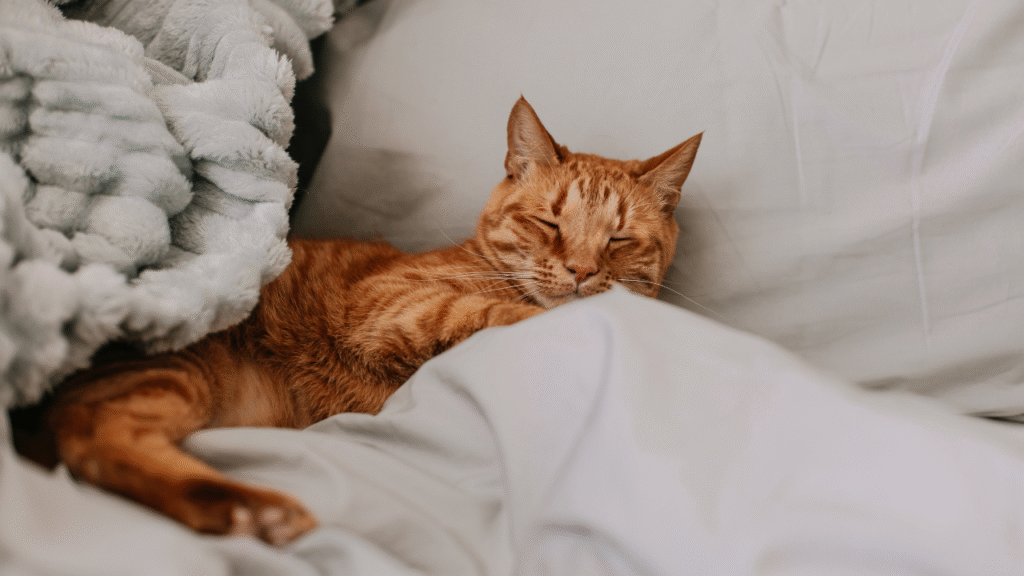The Health Benefits of Owning a Cat
Cat have long held a special place in human lives—not just as cute and curious companions but also as silent healers. Beyond their soft fur and soothing purrs, science is revealing that cats can bring a host of health benefits to their human companions. From reducing stress to improving heart health, here’s how owning a cat can positively impact your life.

1. Stress Relief and Anxiety Reduction
One of the most widely reported benefits of having a cat is its calming effect. Simply petting a cat can trigger the release of oxytocin, a hormone that promotes emotional bonding and reduces stress. Cats also tend to exhibit calm, repetitive behaviors like grooming and purring, which can influence owners to relax and adopt a slower pace themselves. For people with anxiety, the quiet presence of a cat can be a source of stability and reassurance.
2. Lower Risk of Heart Disease
Numerous studies have shown a connection between cat ownership and heart health. A study published in the Journal of Vascular and Interventional Neurology found that people who owned cats were less likely to die of a heart attack or stroke. The lower stress levels induced by cat companionship likely play a key role, as chronic stress is a major contributor to cardiovascular disease.
3. Improved Mental Health
Cats can provide comfort and purpose, particularly for individuals who live alone or suffer from depression. The act of caring for a pet—feeding, grooming, playing—adds routine and responsibility, both of which are known to help stabilize mood and combat feelings of worthlessness. Cats don’t judge, and their quiet companionship can be particularly soothing during difficult times.
4. Better Sleep
Many cat owners report better sleep quality when they share their bed with their feline friend. Cats often sleep quietly through the night and provide a sense of safety and comfort. Though some cats are nocturnal or active in the early hours, well-adjusted indoor cats often align their sleep schedule with their human’s. The rhythmic sound of a cat’s purr can also act like white noise, helping lull some people into deeper sleep.
5. Enhanced Immune Function in Children
Growing up with a cat may help children build a stronger immune system. Exposure to pet dander and fur in early childhood is believed to reduce the risk of developing allergies and asthma. According to a study in the Clinical & Experimental Allergy journal, children raised in homes with pets were less likely to develop common allergies later in life. Early interactions with animals appear to “train” the immune system to be more resilient.
6. Increased Social Interaction
While cats themselves are often independent, owning a cat can improve your social life. Pet owners tend to connect over shared experiences, whether through online communities, veterinary visits, or local pet-friendly events. Talking about your cat can be a natural icebreaker, and the shared bond over pets can create meaningful conversations.
7. Support for Seniors and Those with Disabilities
For elderly individuals or those with limited mobility, cats are ideal companions. They require less maintenance than dogs, are litter-trained, and are content in smaller living spaces. A cat’s presence can reduce loneliness and provide a sense of purpose. Petting a cat can also help with fine motor skills and hand-eye coordination in people with arthritis or neurological conditions.
Final Thoughts
The bond between humans and cats is more than just affection—it’s a therapeutic relationship with measurable health benefits. Whether it’s lowering your blood pressure, easing your anxiety, or simply bringing a smile at the end of a hard day, cats enrich lives in quiet, profound ways.
If you’re considering adding a feline friend to your life, know that while you’re giving them a home, they may be giving you better health in return.








